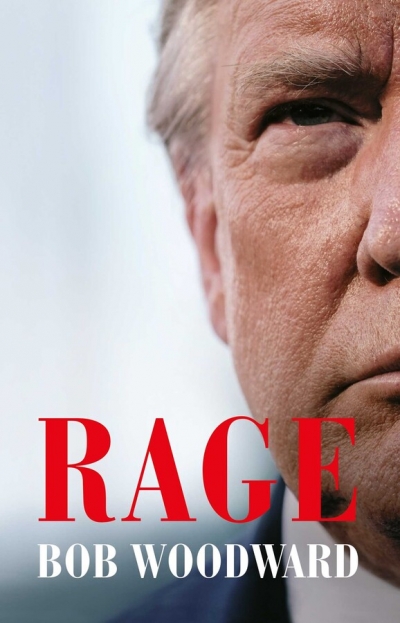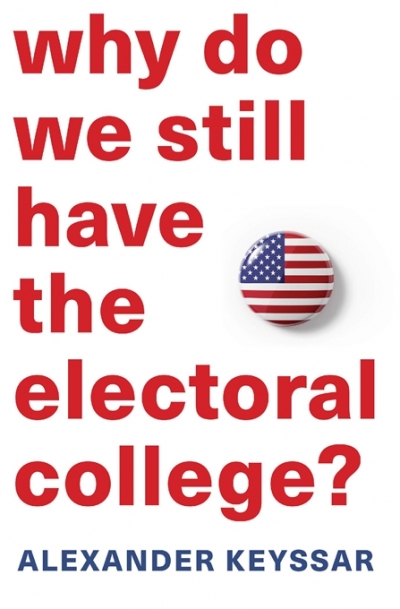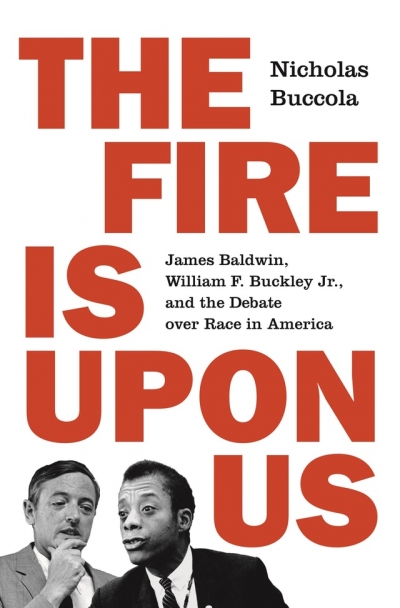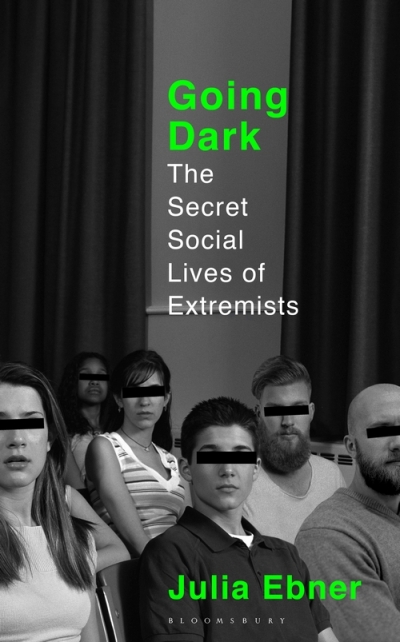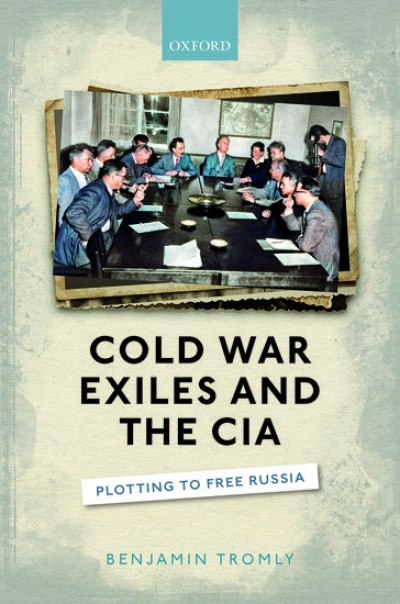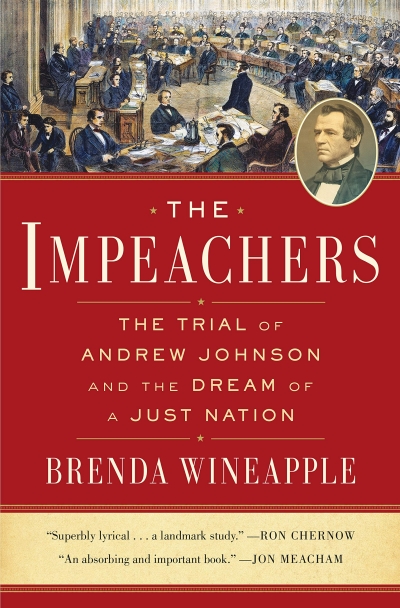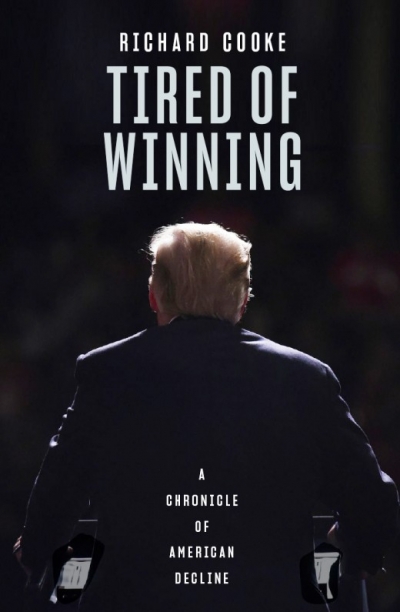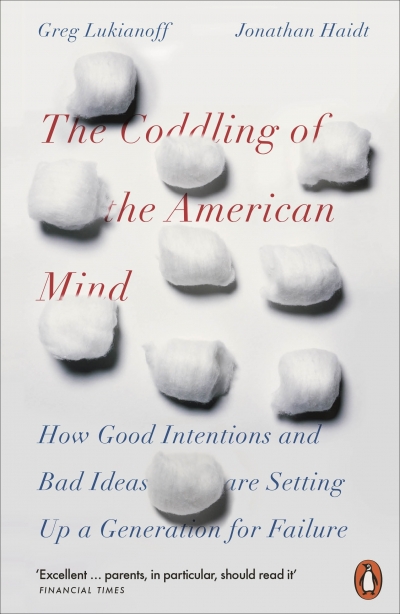US Politics
While on the campaign trail against Hillary Clinton in 2016, Donald Trump appeared to deviate from a scripted speech he was delivering in Dimondale, Michigan. What followed was remarkable: ‘At the end of four years, I guarantee you that I will get over ninety-five per cent of the African-American vote. I promise you.’ Undaunted by six decades of black voting behaviour and his own poor standing with African-Americans, not to mention the fact that he had yet to defeat Clinton, Trump promised a ‘new deal for black America’ that would spark a decisive black shift to the Republican Party. African-Americans had long been the nation’s most partisan racial group: since 1964, no Republican presidential candidate had won more than thirteen per cent of the black vote, and no Democrat less than eighty-two per cent. Yet Trump, a man with a long and divisive racial history, vowed that he would soon rival Barack Obama for electoral appeal among African-Americans.
... (read more)In year four of their respective terms, George W. Bush and Barack Obama enjoyed a mixed press. Some accounts lauded them, others were sceptical. The assessments were uniformly partisan. The titles of contemporary books reflected how Republicans backed Bush (he was ‘The Right Man’), Democrats Obama (for successfully ‘Bending History’). Donald Trump, on the other hand, stands as one of the most vilified presidents in American history, from all points of the spectrum. Indeed, these books together make the case that the forty-fifth president is a man so psychologically flawed he poses a clear and present danger to American democracy.
... (read more)
